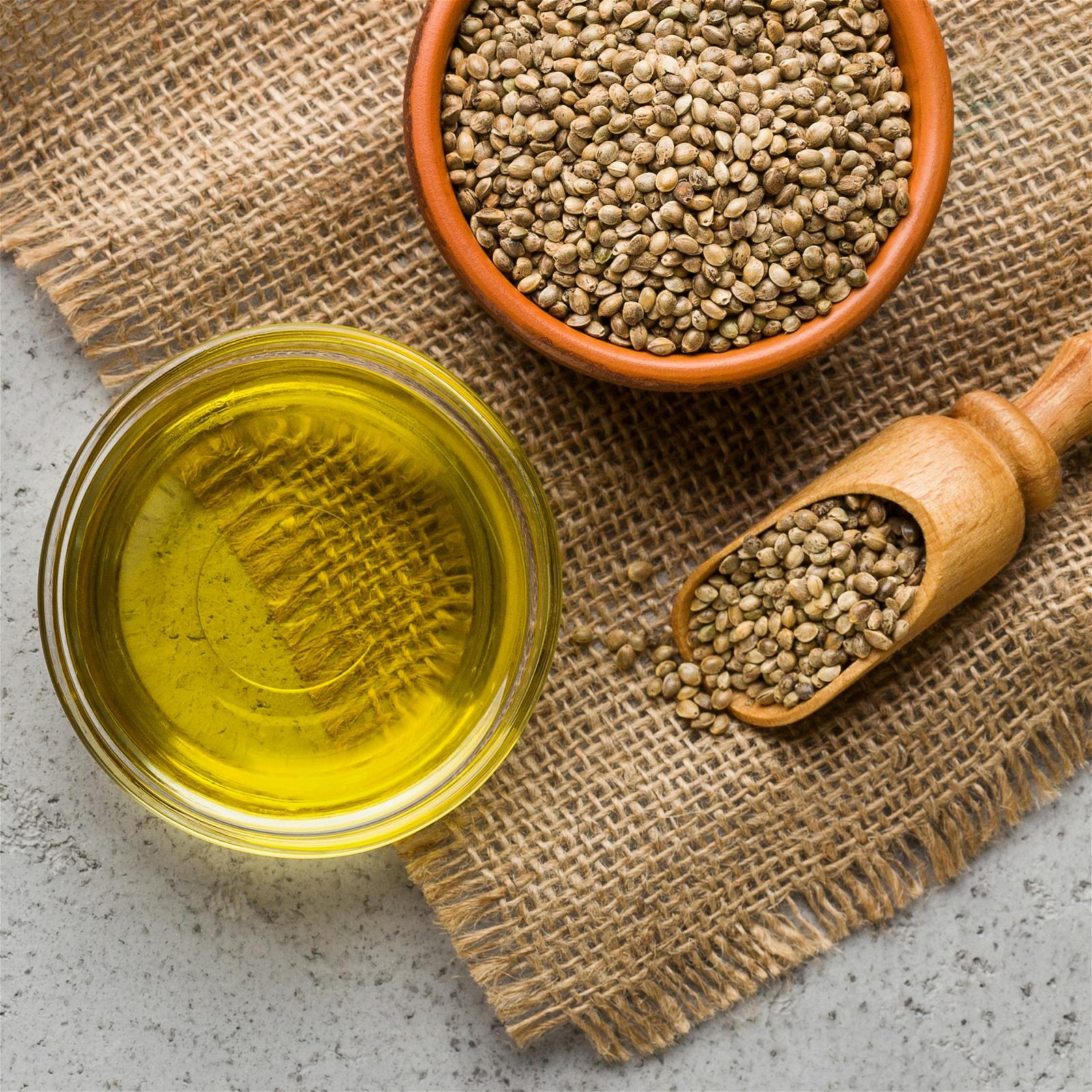If sleepless nights have turned you into a daytime zombie, hemp oil might be the natural relief you’ve been craving. My time at the Boat Basin Cafe sparked countless conversations about natural sleep aids, and my own curiosity led me to delve into the science behind hemp oil and CBD.
As a former chef and barista, I’ve discussed sleep struggles and natural remedies with numerous customers. Through personal experience and extensive research, I aim to provide valuable insights and practical advice to help you make informed decisions about using hemp oil for better sleep.
Hemp oil and CBD have gained popularity as potential sleep aids, but the abundance of conflicting information online can lead to confusion and uncertainty about their effectiveness.
Let’s explore whether hemp oil can truly help you sleep and how to safely navigate this world of products.
The Truth About Hemp Oil and Sleep
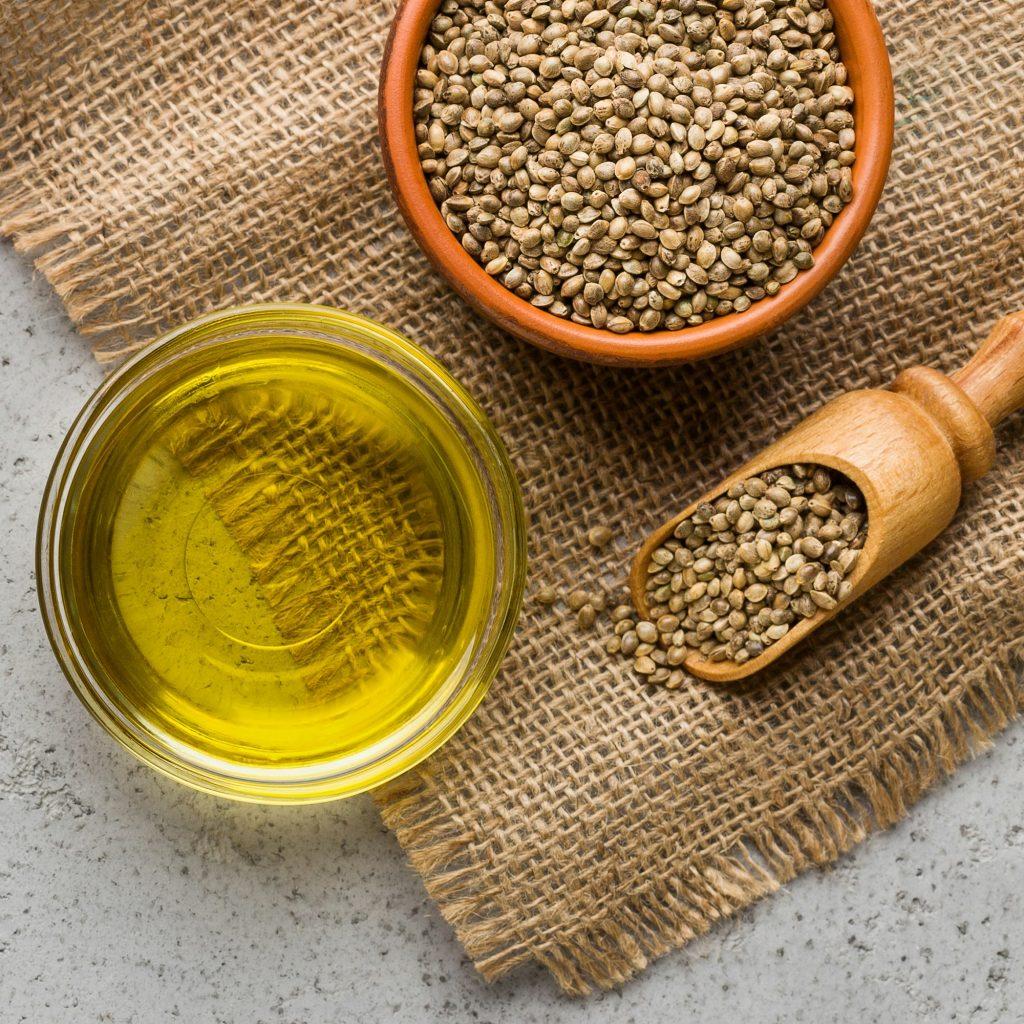
Hemp Seed Oil vs. CBD Oil: Understanding the Difference
Hemp seed oil is derived from hemp seeds and contains healthy fats but lacks cannabinoids like CBD. Full-spectrum CBD oil comes from hemp leaves and flowers, containing CBD and other potentially sleep-supportive compounds.
| Hemp Seed Oil | Full-Spectrum CBD Oil |
|---|---|
| Derived from hemp seeds | Derived from hemp leaves and flowers |
| Contains healthy fats | Contains CBD and other cannabinoids |
| Lacks cannabinoids like CBD | May have sleep-supportive properties |
Why CBD May Indirectly Aid Sleep
CBD interacts with the endocannabinoid system, which plays a role in regulating sleep and other functions. By influencing endocannabinoid receptors and neurotransmitters like GABA, CBD may promote relaxation and reduce anxiety, indirectly improving sleep quality.
The Science Behind CBD and Sleep
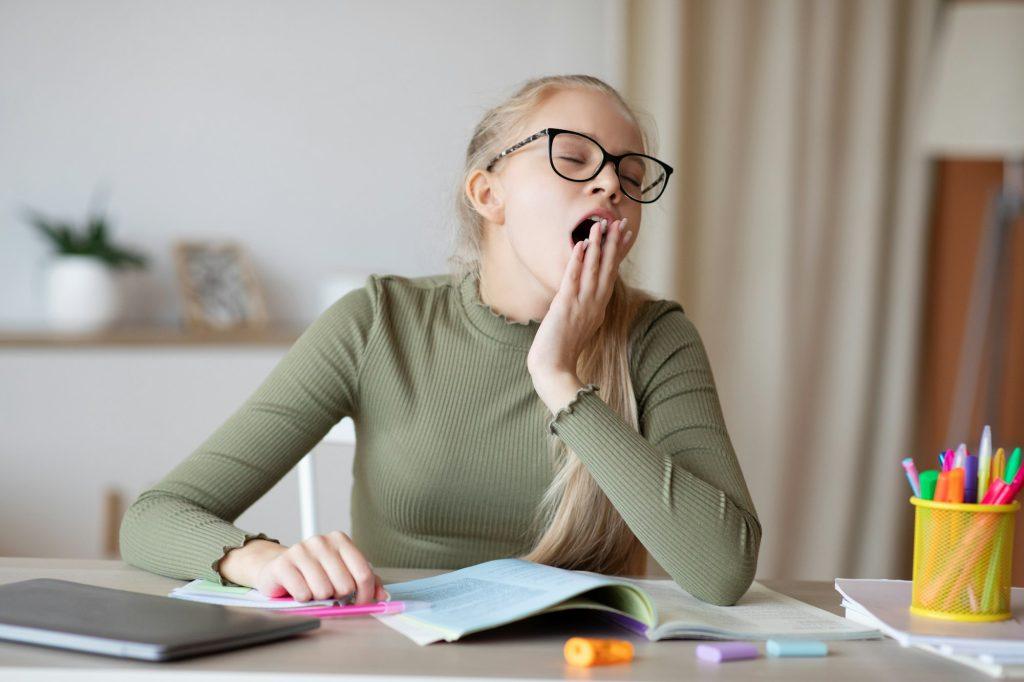
Anxiety and Stress Relief
Research on CBD and sleep from the National Institutes of Health suggests CBD’s anxiety-reducing properties could improve sleep quality. A 2019 study published in The Permanente Journal indicated CBD might improve sleep quality in those with anxiety-related sleep disturbances.
Pain Management and Relaxation
CBD’s potential pain-relieving effects may help individuals with chronic pain conditions achieve better sleep. By promoting overall relaxation and reducing muscle tension, CBD may create a more conducive environment for restful sleep. A 2018 review in Frontiers in Pharmacology highlighted CBD’s potential to reduce chronic pain, which could lead to improved sleep.
Beyond the Basics
Terpene Power
Certain terpenes found in full-spectrum CBD, such as myrcene and linalool, may enhance relaxation and sleep-promoting effects. These aromatic compounds work synergistically with CBD, a phenomenon known as the “entourage effect.”
Dosage Matters
Finding the right CBD dosage is crucial for sleep benefits. Most people start with 10-15mg and gradually increase if needed. For example, you might start with 10mg for three nights, then increase to 15mg if you don’t notice an effect. Very high doses may have stimulating effects, so it’s essential to listen to your body and adjust accordingly.
| Dosage Range | Effects |
|---|---|
| Low (10-15mg) | Potential relaxation and sleep benefits |
| High (50mg+) | Possible stimulating effects |
Individuality
Due to variations in the endocannabinoid system, CBD’s effects on sleep can differ from person to person. What works for one individual may not work for another, emphasizing the importance of personalized experimentation.
💁🏻♂️You may also like: Hemp Seed Shelf Life: How Long Do They Really Last?
Considerations and Cautions
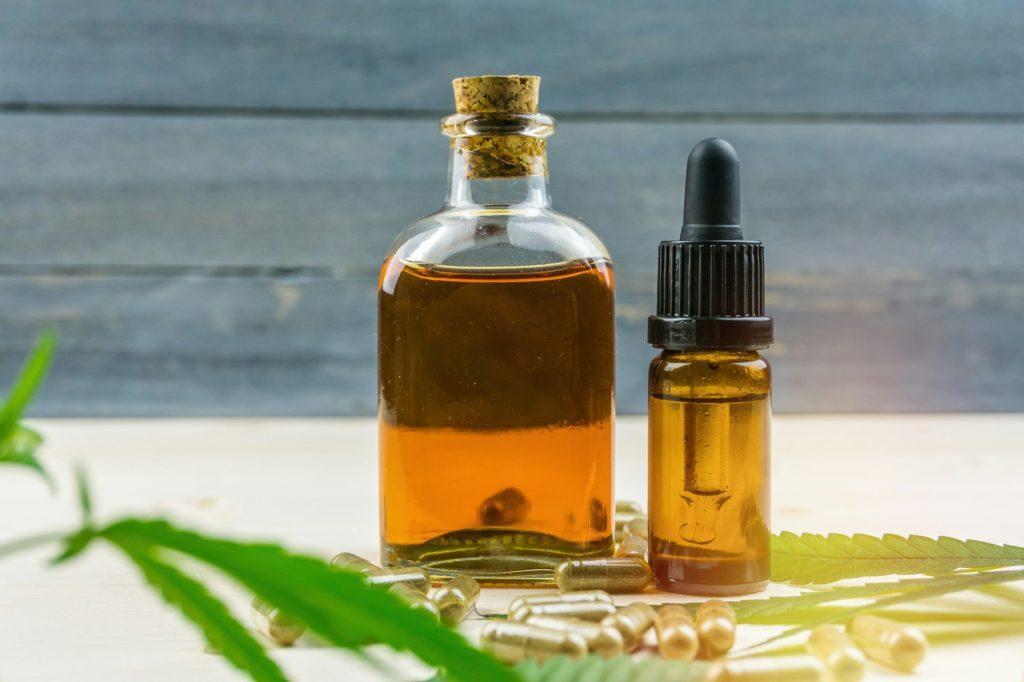
Important Disclaimer
Always consult a healthcare professional before using CBD, especially if you have underlying medical conditions or take medications. CBD can interact with certain drugs, so it’s crucial to discuss potential risks and benefits with a knowledgeable physician.
Product Quality Emphasis
Choose high-quality, third-party tested CBD products from reputable brands to ensure purity and potency. Look for certificates of analysis (COAs) that verify cannabinoid content and the absence of contaminants like heavy metals or pesticides. The Sleep Foundation recommends choosing CBD products with COAs that confirm purity and potency.
One brand that consistently provides detailed COAs and meets high quality standards is NuLeaf Naturals. Their full-spectrum CBD oil is a good example of a product that prioritizes transparency and purity.
Should I Try Hemp Oil for Sleep?
If CBD Doesn’t Work…
While CBD may help some individuals with sleep issues, it’s not a universal solution. Other natural alternatives include:
- Melatonin: Often effective in 3-5mg doses, melatonin can help regulate the sleep-wake cycle.
- Valerian Root: Typically taken in 450-900mg doses, valerian root may promote relaxation and reduce anxiety.
- Chamomile: Drinking chamomile tea before bed or taking supplements may provide calming effects and promote sleepiness.
Experiment with different options to find what works best for your unique needs and preferences.
| Alternative | Potential Benefits | Typical Dosage |
|---|---|---|
| Melatonin | Regulates sleep-wake cycle | 3-5mg |
| Valerian Root | Promotes relaxation and reduces anxiety | 450-900mg |
| Chamomile | Calming effects and promotes sleepiness | Tea or supplements |
Healthy Habits
Remember that CBD is a potential tool to complement, not replace, good sleep hygiene practices. Maintain a consistent sleep schedule, create a relaxing bedtime routine, and optimize your sleep environment for the best results.
Even if CBD helps, you’ll likely get the most benefit by following these good sleep habits as they likely work synergistically with CBD’s effects.
How to Choose a CBD Product
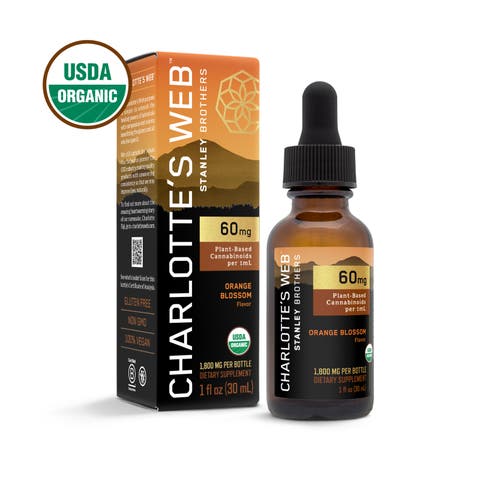
Reputable Brands
Look for well-respected brands known for quality and transparency, such as Charlotte’s Web, Lazarus Naturals, or CBDistillery. While not an endorsement, these brands can serve as a starting point for your research into high-quality CBD products.
COA Walkthrough
When reviewing a certificate of analysis, make sure it shows the following:
- Cannabinoid profile: Ensure the CBD content matches the product label.
- Terpene profile: Look for the presence of sleep-promoting terpenes like myrcene or linalool.
- Contaminant testing: Verify the absence of heavy metals, pesticides, and residual solvents.
Conclusion
The relationship between hemp oil, CBD, and sleep is complex and multi-faceted. While hemp seed oil itself won’t directly make you sleepy, full-spectrum CBD oil may offer potential sleep-supportive benefits by reducing anxiety, promoting relaxation, and managing pain.
However, it’s essential to manage expectations and understand that individual results may vary. Factors such as dosage, product quality, and personal biochemistry all play a role in how CBD affects sleep. Finding the right product and optimal dosage may require some experimentation.
If you’re considering trying CBD for sleep, remember to:
- Consult with a healthcare professional
- Start with a low dose (10-15mg)
- Choose high-quality, third-party tested products
- Prioritize overall healthy sleep habits
By taking a holistic approach and staying informed, you can make the best decisions for your unique sleep needs and well-being.
